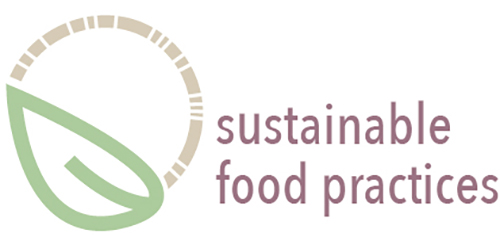
Scientific objectives
Understanding the opportunities and challenges of processes of a sustainable food transition, and even its blockades, constitutes a tool for overcoming lock-in situations and thus for enabling political, economic, environmental and social consolidation.
For this, we propose a systemic analysis of Luxembourg’s transnational food system – envisioned as a dynamic multi-scalar and multi-sited foodscape –, essentially focusing on the four sections of governance, production, retail and consumption:

The individual work packages focus on the social practices that have a favourable or unfavourable impact on food transition, with particular attention for the social inequalities and everyday-cultural subjectivations in the political, socio-cultural, economic and environmental domain. A practice-theoretical approach is particularly effective in shedding light on the conscious choices, negotiating positions and reasonings of the individual system members within their respective socio-cultural embeddings.
Areas of application
Building on these insights, motivational alliances of, for instance, win-win incentives could be developed. A desirable aim would be the implementation of participative measures of social learning and awareness-raising as well as educational measures in support of the idea of sufficiency in a collectively constructed process.
Generally, the work packages of the project design provide a tool for mapping socio-cultural conditions for behavioural changes.
By including all pertinent actors of the foodscape, the numerous initiatives, practices and positions within Luxembourg will obtain a higher degree of visibility and can be seen as partial aspects of an entire network of practices. This network can be reinforced and expanded in terms of interlinkage and efficiency through the communication strategy of the research project Sustainable Food Practices – which is not conceived as an extractive but rather a participative research method.
Conclusion
It is only by way of an integrative and socio-cultural analysis of the entire foodscape (governance, production, retail and consumption) – in all its forms, be they conventional or even resistant to change, or more ecological and innovative – that scientific and political conclusions can be drawn in terms of a sustainable energy transition.

